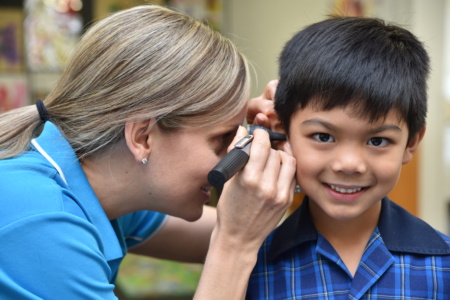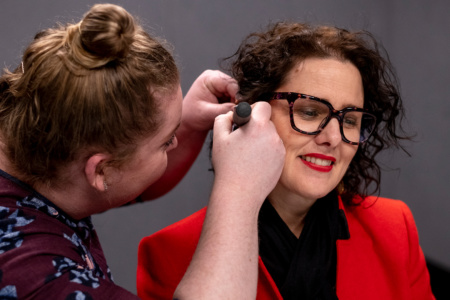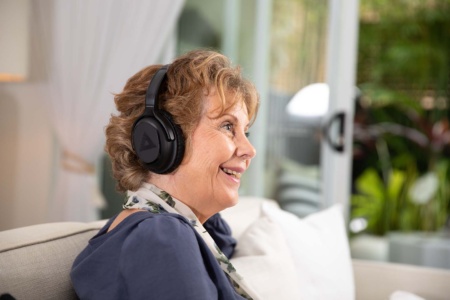Despite being a preventable condition, noise-induced hearing loss impacts many Australians. Every day we are constantly exposed to noise. In most cases this noise is harmless because it's at a safe volume (below 85 decibels) and therefore has no impact on our hearing. If it becomes too loud however, it can damage our hearing. Noise that is brief but loud, or loud and long-lasting, can damage the inner ear and cause noise-induced hearing loss.
The good news is there are things you can do to proactively protect your hearing and if you have hearing loss already, there are treatment options available.
What is noise-induced hearing loss?
Particularly common in the construction, music and manufacturing industries, noise-induced hearing loss occurs after harmful exposure to noises that are too loud. It permanently damages sensitive structures in the inner ear and can potentially cause a range of issues from tinnitus to profound hearing loss. If the tiny hair cells in your inner ears are damaged it is likely to cause a permanent hearing loss as these hair cells are not replaceable and do not regrow.
Noise-induced hearing loss can affect one or both ears, known as either a unilateral or bilateral hearing loss. You might be unaware at the time that you are damaging your hearing however in future you might notice that it’s difficult to understand speech, talk on the phone or have a conversation in a noisy room.
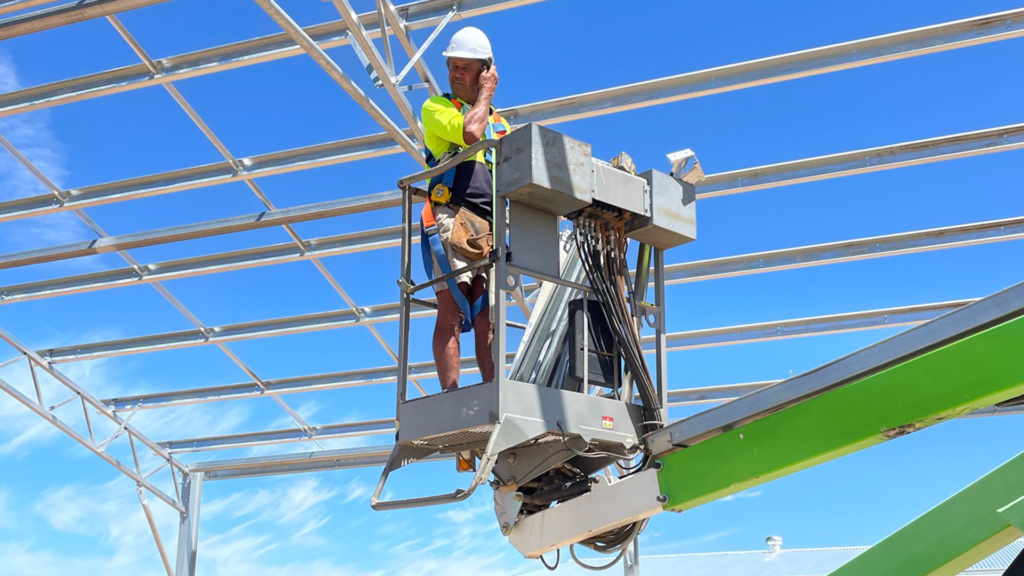
What are the symptoms of noise induced hearing loss
People with noise-induced hearing loss often find it hard to hear high-frequency sounds, in speech this includes "s" "f" "sh" and "th" sounds. The below signs are some of the common indicators of noise related hearing loss:
- Speech seems muffled
- High-pitched sounds are hard to hear (e.g. birds)
- Phone calls are tricky
- When there is background noise it's hard to have a conversation (e.g. at a busy restaurant)
- Ringing in the ears (tinnitus)
- People around you say that you're talking loudly or shouting
- Turning up the volume on the TV
Symptoms of noise-induced hearing loss might last for minutes or days after exposure to the loud noise and in some cases, hearing might not return to normal.
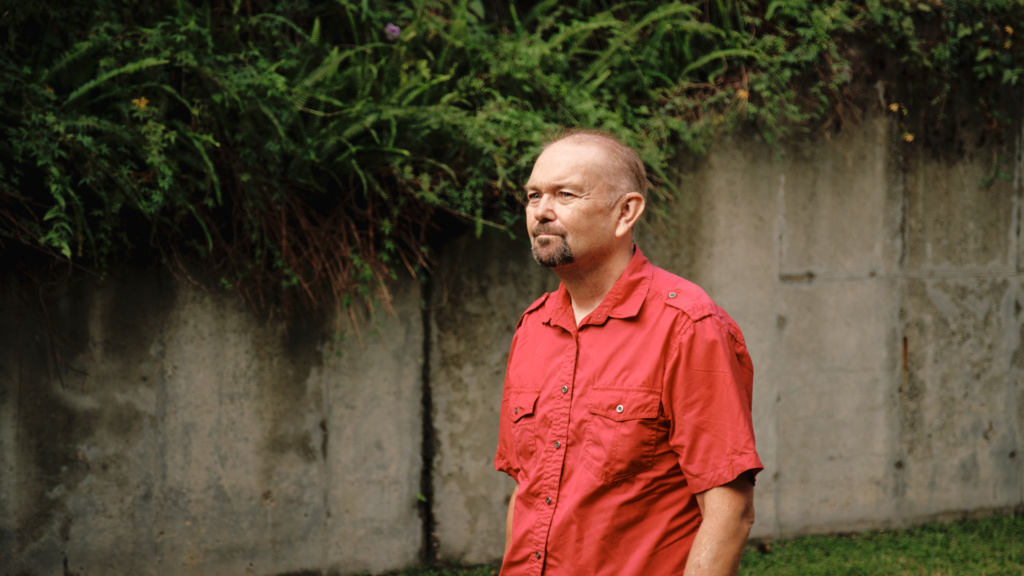
What are the most common causes of noise induced hearing loss?
In some cases, noise-induced hearing loss is caused by an “impulse” sound. This is a one-time exposure to an intense sound, for example an explosion. Alternatively, this hearing loss can also be caused by repeated exposure to loud noise over a long period of time. This might the case for those who work in noisy industries like construction, music or manufacturing.
Day-to-day loud noises that come with a risk of noise related hearing loss include:
- Listening to loud music using headphones
- Mowing the lawn
- Leaf blowing
- Working with loud machinery
- Going to concerts
What is considered the safe noise level?
The louder the noise, the shorter the time it takes for NIHL to occur. Sounds equal to or below 70 A-weighted decibels (dBA) are unlikely to cause hearing loss, however sounds above 85 dBA that have long or repeated exposure could be damaging. A handy trick to remember is, avoid noises that are too loud, too close or long lasting.
If being exposed to noisy environments above 85 dBA it is highly recommended that hearing protection is used, such as earplugs or earmuffs.
Examples of average decibel ratings for daily sounds:
- Dog barking: 60 -70 decibels
- A truck driving by: 70 - 90 decibels
- Live concert: 100 - 120 decibels
How can you prevent noise induced hearing loss?
Being aware of how you engage in everyday activities is critical. For example listening to music through headphones, mowing the lawn or going to a concert.
Just like your eyesight, hearing loss can happen at any age, and often goes unnoticed as it slowly affects the way you interact with your friends and loved ones. For people who work in noisy environments there is an even greater chance of hearing loss through exposure to excessive noise over time.
It’s particularly important to proactively stay on top of your hearing, wearing ear protection such as ear plugs wherever possible. It’s also beneficial to know the technology options which are available if hearing loss is identified, for example hearing aids.

Tips for looking after your hearing
There are a few strategies you can undertake to protect your hearing if you have continuous exposure to loud sounds, including:
- Wear protective earplugs or earmuffs
- Avoid excessive noise exposure whenever possible or look for opportunities to reduce the noise (e.g. walk away so you're further away from the sound)
- Know which noises can be damaging and be mindful of noise hazards
- Listen to music at a safe level, set volume control limits if your device allows for it
- Make hearing tests part of your regular check ups

How do I know if a sound is too loud and causing damage?
Many smartphones have decibel metre apps to measure the sound levels. Using these apps can be a good way to gauge if the noise exposure could be damaging. Generally, however, a simple check you can do to test the noise levels is applying the “one metre rule”. If you require a raised voice to speak to someone standing one metre away, you can assume background noise is at an unsafe level. Another indicator that you might have been exposed to harmful noise levels is if your hearing is muffled after leaving an event or you can hear ringing in your ears.
How is noise-induced hearing loss diagnosed?
If you suspect you have hearing loss, the first step is to have a hearing test. Qualified audiologists will take between 60 to 90 minutes to conduct a non-invasive assessment of your hearing. It starts with a conversation about your hearing health history, lifestyle and communication goals as well as a series of tests such as otoscopic examination, tympanometry, acoustic reflexes, pure tone audiometry and speech discrimination.
The audiologists will be able to answer any questions you might have, including temporary hearing loss versus permanent hearing loss, safe levels of noise exposure, possible causes of cause of your hearing loss.
What are the treatment options for noise-induced hearing loss?
Noise-induced hearing loss can be permanent and there are steps that can be taken to improve hearing and wellbeing. In many cases, if a hearing loss is present, noise-induced hearing loss can be treated with hearing aids. Hearing aids amplify existing hearing and modern features include Bluetooth streaming for media such as music and the TV, rechargeability and tinnitus relief technology. When worn consistently, hearing aids can help to actively stop the further deterioration of hearing by keeping the brain’s auditory pathways stimulated.
If hearing loss has worsened and hearing aids are not providing any benefit, cochlear implants may be recommended.
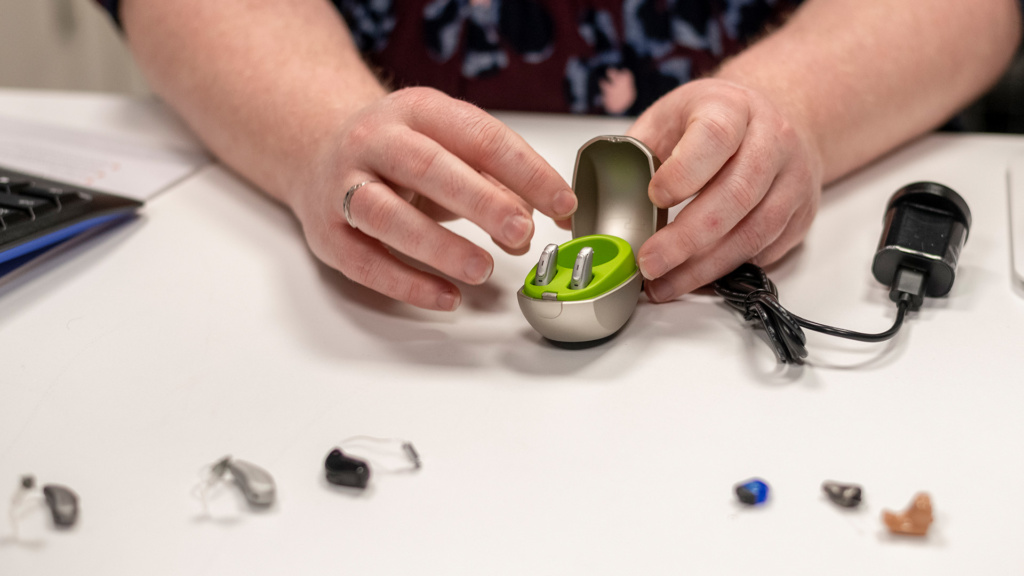
Despite one in two people knowing someone with a hearing loss, people are often hesitant to have their hearing checked and many were unaware of the modern features available with today’s hearing technology options.
Can noise-induced hearing loss be corrected?
If permanent, there is no correction for noise related hearing loss however with treatment options such as hearing aids or cochlear implants people can remain connected and communicate with their loved ones. The key factor with noise-induced hearing loss is prevention. Avoid being around loud noises whenever possible and wear hearing protection.
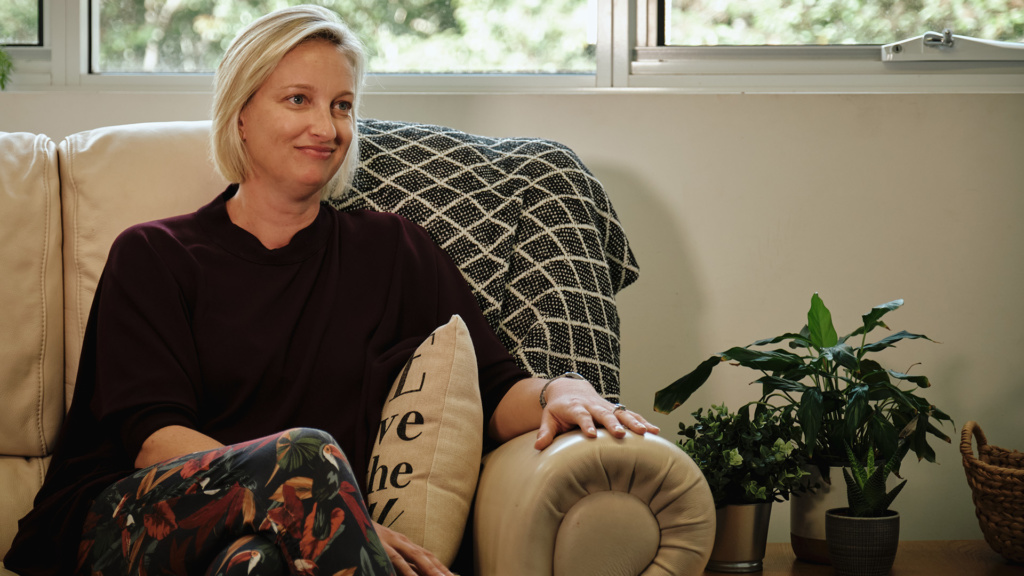
Key takeaways
There are a few key things you should know about noise induced hearing loss.
Firstly, and most importantly, noise-induced hearing loss is preventable. Avoid excessive noise exposure and loud noise wherever possible. This will help protect the very important hair cells in your inner ears and your hearing generally. If you know that you’re going to be in an environment with loud noise exposure, wear hearing protection.
Secondly, if you suspect that you have a hearing loss, seek professional help. Audiologists can undertake a hearing test and advise the best next steps. Following this non-invasive hearing test they will talk to you about suitable hearing technology.
Contact us to learn more about noise-induced hearing loss and how we can help.
Get in touch

